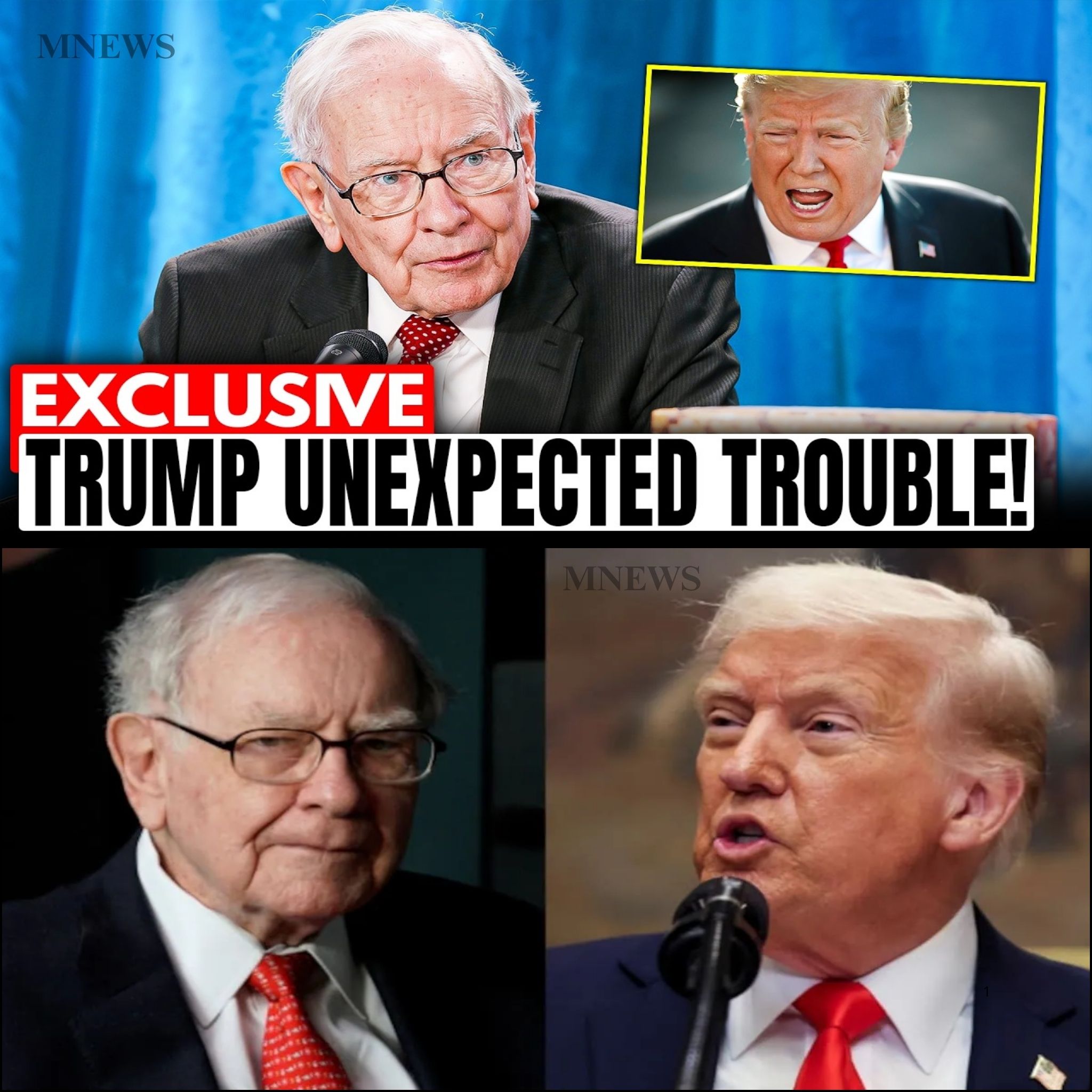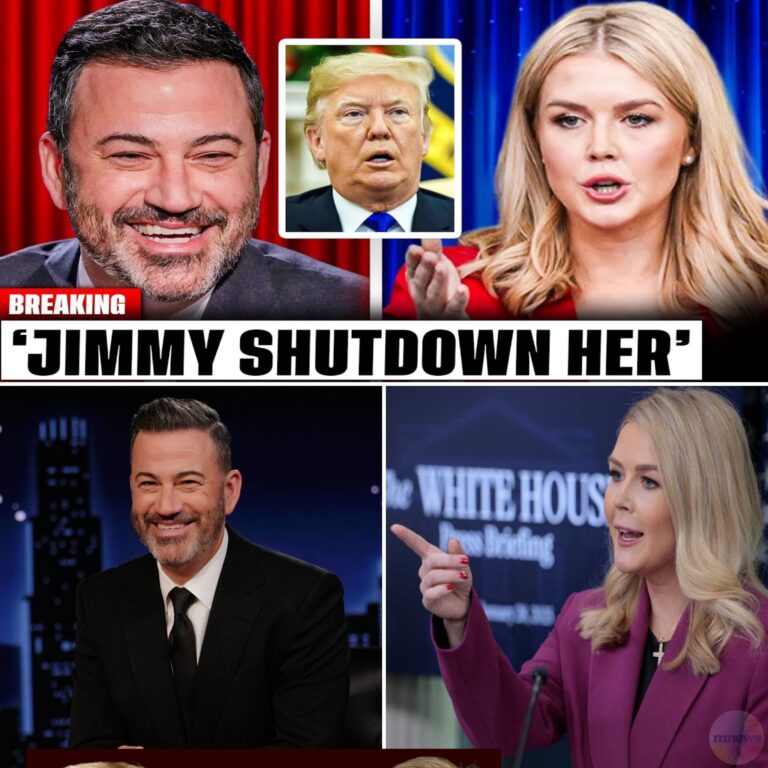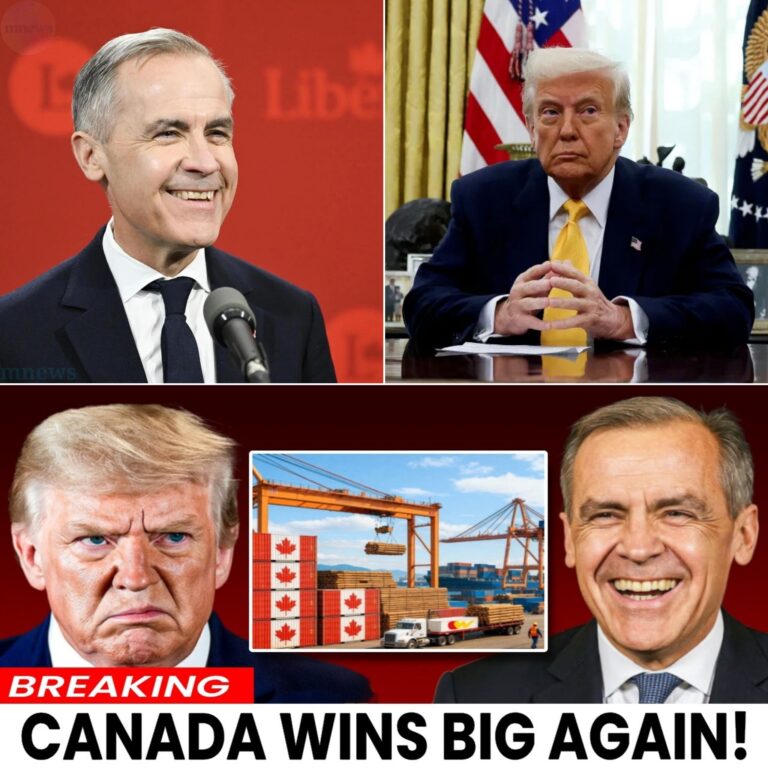In a shocking twist, former President Donald Trump finds himself ensnared in a web of legal troubles that could paralyze his agenda before it even begins. Since his inauguration, over 186 lawsuits have been filed against his administration, leading to more than 200 judicial rulings that threaten to undermine his executive authority. This unprecedented level of litigation is not merely a partisan attack; it represents a constitutional crisis unfolding in real-time.
The legal challenges span a myriad of issues, from immigration policies to economic directives. Federal judges, including those appointed by Trump himself, are issuing rulings that block or question his policies at an alarming rate. This judicial resistance creates a formidable barrier to implementing his agenda, as courts demand adherence to legal norms and procedures that the administration has often ignored.

The implications of this legal turmoil are profound. Trump’s previous term saw a Supreme Court willing to grant emergency stays on various policies, allowing him to implement changes even amid ongoing litigation. However, the current landscape has shifted dramatically. The Supreme Court’s recent rulings indicate a growing skepticism towards executive overreach, leaving the Trump administration vulnerable to legal challenges that could derail its ambitions.
The most pressing issue lies in the tariffs imposed by Trump, which have sparked widespread controversy and economic uncertainty. Legal experts warn that the administration’s use of emergency powers to impose tariffs may lack constitutional grounding, leading to potential financial repercussions for American consumers and businesses. As courts block these tariffs, the administration’s authority to enact its economic policies is increasingly in jeopardy.
Moreover, Trump’s approach to immigration enforcement has also faced significant legal hurdles. Attempts to expedite deportations using outdated legal frameworks have been met with swift judicial pushback, further complicating an already contentious issue. The implications extend beyond legal battles; they threaten to destabilize the very fabric of governance in the United States.
As this legal saga unfolds, the ramifications extend beyond Trump’s presidency. The erosion of trust in governmental institutions and the legal system could have lasting effects on American democracy. The chaos resulting from these legal battles not only hampers effective governance but also distracts from pressing national issues such as infrastructure, healthcare, and climate change.
In summary, Trump’s legal troubles are not just a personal crisis; they signify a broader structural challenge to the governance framework in the United States. The implications of this turmoil will likely resonate for years, shaping the future of American politics and the rule of law. As the legal battles continue, the nation watches closely, aware that the outcome will define the course of democracy for generations to come.





